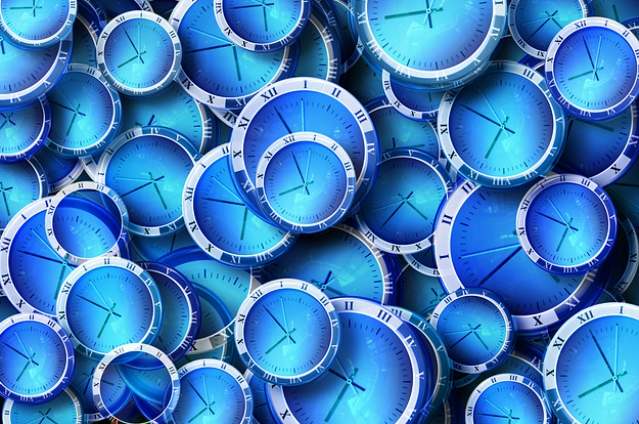
Physicists consider time as the progression of events from the past to the present into the future. Basically, if a system is unchanging, it is timeless. Time can be considered to be the fourth dimension of reality, used to describe events in three-dimensional space. It is not something we can see, touch, or taste, but we can measure its passage.
"Time is something which might exist in the Present, predicts all the possible probabilities of future and might be the evidence of Past in terms of Illusion." - Anup Karekar
Time is something which owes in a forward direction which might be an illusion or stubborn and acts as a constraint in the nature holding up everything into its dimension.
"Time makes us all prisoners of the present, forever transitioning from our own past into an unknown future"
Time is the ripple of Energy. We get the gravity when the time meets space. Time might be just a reference to plot the equations of the motion under which the presence of nature works. Time is like an arrow that just moves forward and resists nature to go back and peek into the past as time has its dimension which is moving forward.
Time might be a 4th dimension that might effectively discuss the force, nature, and existence and formation of Past, Present, and Future of time and the Universe.
We might get the answer to this question in the future from the 'Uni ed Theory' which might reveal some such questions which as tricky to understand to draw into proper words.
Time Dilation:
In classical mechanics, time is the same everywhere. Synchronized clocks remain in the agreement. Yet we know from Einstein's special and general relativity that time is relative. It depends on the frame of reference of an observer. This can result in time dilation, where the time between events becomes longer (dilated) the closer one travels to the speed of light. The moving clock runs slower than stationary clocks, with the effect becoming more pronounced as the moving clock approaches light speed. Clocks in jets or in orbit record time more slowly than those on Earth, muon particles decay more slowly when falling, and the Michelson-Morley experiment confirmed length contraction and time dilation.
Time Travel:
Time travel means moving forward or backward to different points in time, much like you might move between different points in space. Jumping forward in time occurs in nature. Astronauts on the International Space Station jump forward in time when they return to Earth because of its slower movement relative to the station.
But here is the problem with Time Travel. The consistency paradox or grandfather paradox may occur when the past changes in any way, creating a contradiction. If a time traveler were ever to go back in time and kill their grandfather in his childhood, it would result in one of the time traveler's parents and the time traveler not being born.
Time seems to slow down during emergencies or danger. Scientists at Baylor College of Medicine in Houston say the brain doesn't actually speed up, but the amygdala becomes more active. The amygdala is the region of the brain that makes memories. As more memories form, time seems drawn out.
Is there a Beginning and End of the time?
As far as the universe is concerned, time had a beginning. The starting point was 13.799 billion years ago when the Big Bang occurred. We can measure cosmic background radiation as microwaves from the Big Bang, but there isn't any radiation with earlier origins. One argument for the origin of time is that if it extended backward infinitely, the night sky would be filled with light from older stars.
Will Time end? The answer to this is still unknown to us. If the universe continues to expand then time continues to have existed. If there is another Big Bang that will lead us to the new timeline of nature of existence.
In simple words, time has its existence in terms of memory our Brain stores which leads the time to the illusion of Past and Future.
. . .
Reference:
